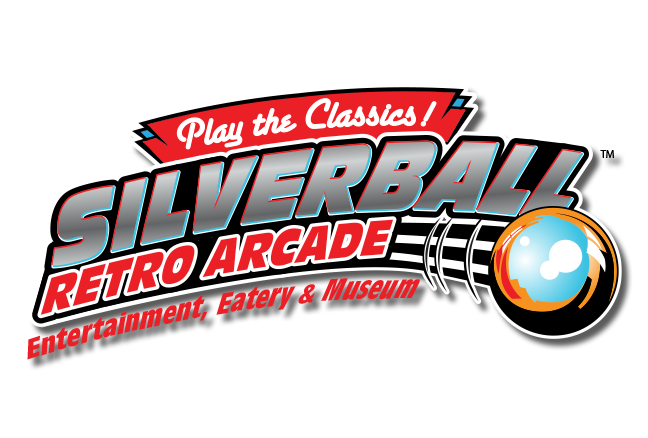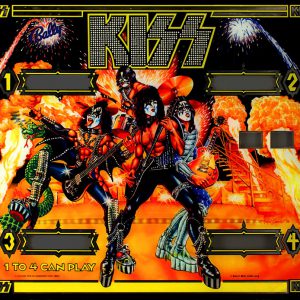This very collectible game of the ‘70s was another in a series of celebrity-themed tie-in games Bally found license to produce. 17,000 units were made, a sizable number for the day. A prototype speaking version of this game was made ahead of its time but failed to be marketed. The object of the game is to spell out the name KISS. If you complete four times, a super bonus is awarded. Do it again and a colossal bonus is awarded. A third time awards a replay and a ton of points…which can be doubled if the 2x value drop targets are completed. The A, B, C, and D targets also can award extra balls and specials. The left drop targets award the KISS line when completed. All in all, an exciting game with great graphics but no speech. Talking pinballs finally made the scene with the release of Gorgar (in the museum). Replays are also awarded by score or matching. Matching is the process by which the last two numbers of your score match the generated number produced by the game.



